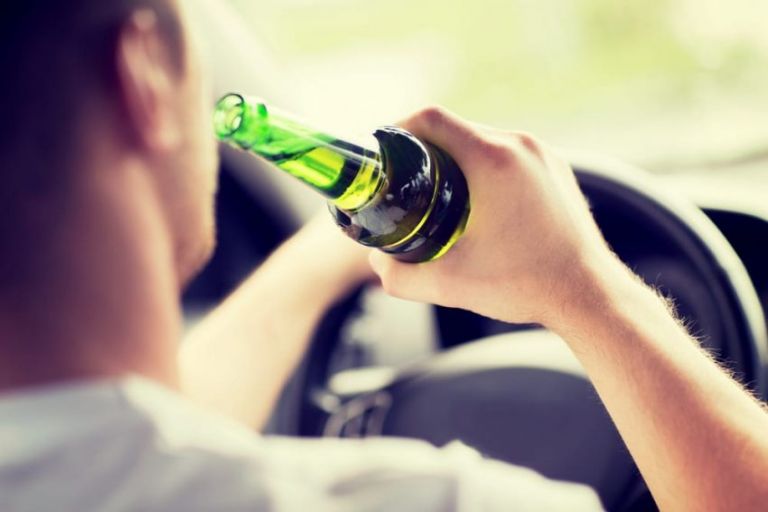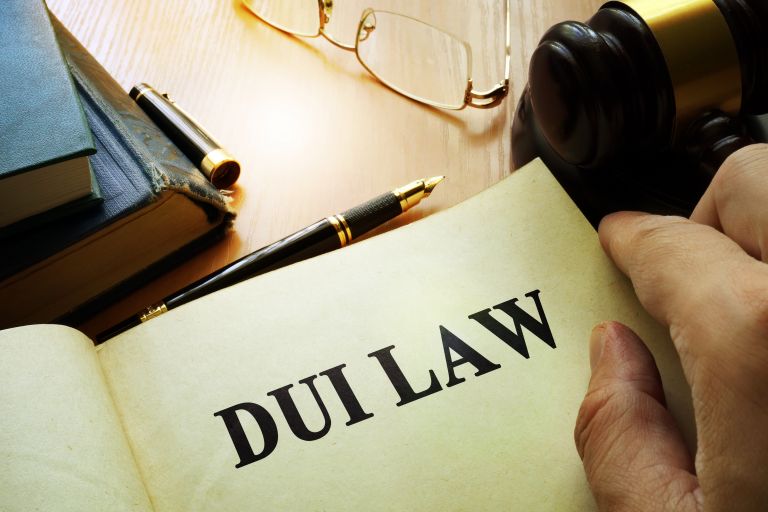Many people understand the terms DUI in Texas and DWI in Texas to mean basically the same thing. In many states around the US, the terms are actually used interchangeably. There’s the basic understanding that DUI and DWI mean operating a vehicle with alcohol in the body.
Yet, in Texas the driving laws are different and DUI and DWI are not exactly the same. DWI versus DUI is different also depending on the age of the person who’s pulled over.
Wondering about the difference between a DUI offense and a DWI offense in Texas? Contact a Dallas DUI attorney today, Gregg Gallian of Gallian Firm. He is award-winning, experienced, and aggressive in defending his clients. If you’ve been arrested on an alcohol-related offense, read on to learn more about how these two terms are different and what they mean under Texas law.
WHAT IS A DWI IN TEXAS?
DWI, or driving while intoxicated, is the term Texas uses for any individual operating a vehicle in a public place while intoxicated. This means the person lacks the normal use of their physical and mental faculties to operate a motorized vehicle.

Texas uses DWI as the legal term for this situation. Anytime a person over the age of 21 reaches a blood alcoh ol concentration of 0.08 % , they will get arrested for a DWI offense.
It should be noted though that law enforcement can make a DWI arrest for an alcohol or drug offense anytime it affects your ability to be a safe driver.
CONSEQUENCES OF A DWI
The consequences for a DWI will vary based on your blood alcohol level, your driving record, and most especially how many DWI offenses you have had.
A first offense for a DWI includes:
- Fines up to $2,000
- Jail time up to 180 days upon conviction
Loss of driver’s license up to a 180 days.
A second offense for a DWI includes:
- Fines up to $4,000
- Jail time up to a year upon conviction
Loss of driver’s license up to two years.
A third offense for a DWI includes:
- A fine of $10,000
- Prison time of 2 to 10 years
Loss of driver’s license up to two years.
WHAT IS A DUI IN TEXAS?
The laws are different for a person who is under the age of 21 in Texas. In Texas, if you’re pulled over with any alcohol in your system and are under the age of 21 you’ll be charged with a DUI or driving under the influence.
Generally, speaking a DUI offense is considered a Class C misdemeanor in Texas. This will, of course, depend on if you have any previous alcohol or drug-related driving offenses. For a ton of valuable information as to specifics for DUI’s in Texas, click here.
CONSEQUENCES OF A DUI
Like a DWI offense, the consequences vary in Texas depending on if there are previous offenses.
Generally, since the DUI is considered a misdemeanor a first offense will include 20 to 40 hours of community service and a fine of up to $500.
If a minor is charged with a DUI and it’s not their first offense, they will likely get additional community service hours required of them, often up to 60 additional hours.
If a minor has two or more DUI convictions, they will also face fines and jail time. Fines can be up to $2,000 and jail time of up to 180 days.
A minor who also has previous DUI convictions is likely not to be eligible for deferred disposition or deferred adjudication.
DWI VERSUS DUI
Many places use the term DWI and DUI interchangeably, however, in Texas that’s not the case.
DWI charges are more serious than DUI charges.
A DUI charge tends to be a lesser misdemeanor charge that involves fines.
However, if the person is a minor getting a DUI the consequences can be more significant, especially if it’s not the first offense.
DWI charges are used for adults over the limit of 0.08%. Yet, a minor with a blood-alcohol level that high could also be charged with a DWI instead of a DUI.
TEXAS AND THE ZERO TOLERANCE POLICY
When you’re a minor pulled over with alcohol in your system in Texas, the amount doesn’t actually matter. It may matter only for what they charge you with. But Texas has a zero-tolerance policy for alcohol and minors.
Any detectable amount of alcohol in the system of a minor means they will lose their license for a period of time. The time will vary based on the number of offenses. Consequences include:
- 1st offense means loss of license for 60 days
- 2nd offense means loss of license for 120 days
- 3rd offense and other subsequent offenses mean loss of license for 180 days
If a minor refuses to provide a sample at arrest of either breath or blood, they will face an automatic suspension of their license for 180 days.
ADDITIONAL CONSEQUENCES FROM ALCOHOL OFFENSES

Of course, the legal system has its established consequences for alcohol-related offenses. Yet, you should always be aware the consequences you face for driving with alcohol in your system are likely to go beyond the courtroom.
In addition to the community service, fines, and other legal penalties, you’re likely to face consequences through your employment too.
You may face a job loss, professional license revocation, and employment disqualification if you have an alcohol offense on your record.
Many employers check criminal history and driving records before doing any hiring.
FACING A DUI OR DWI ARREST
If you or someone you love has been arrested for a DUI or DWI offense, you need to get legal help quickly. You want an attorney who’s experienced and well-versed in handling this type of case.
It’s important to get help quickly too. There are short and important time limits related to these offenses.
DUI AND DWI, UNDERSTANDING THE LAWS OF TEXAS
Facing a DUI and DWI offense is scary and serious. Any time someone gets behind the wheel of a car while impaired, the State of Texas is going to take the offense with the utmost seriousness.
You need to get legal help from an experienced Dallas DUI attorney to address your case and get someone working on your behalf. Contact us today to discuss your case.